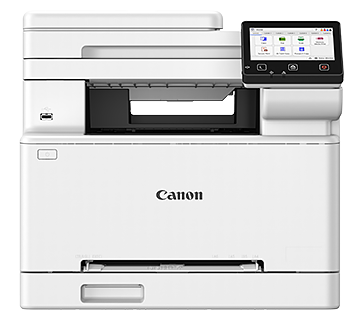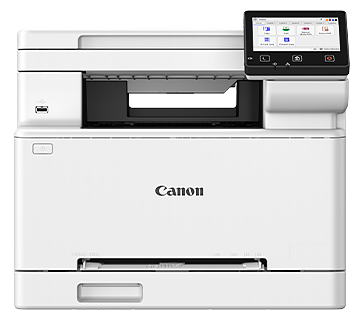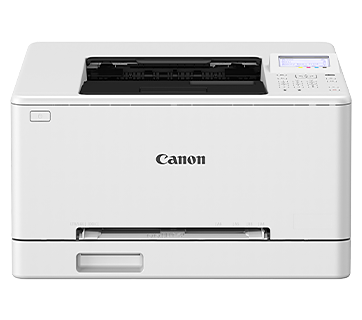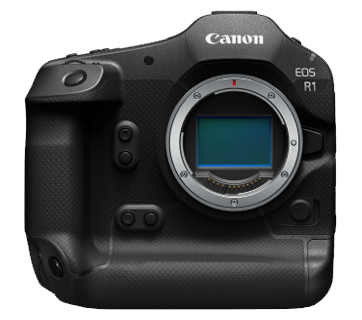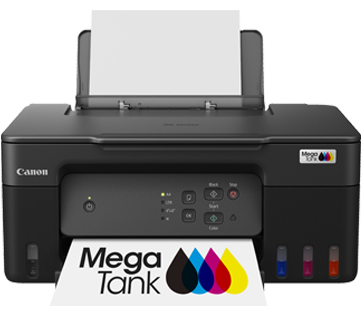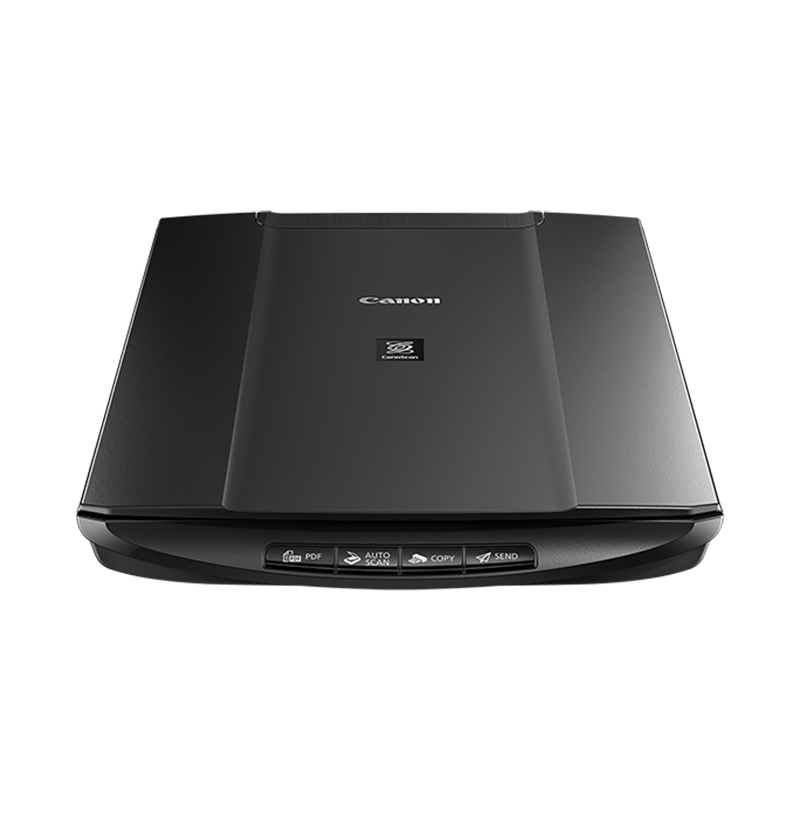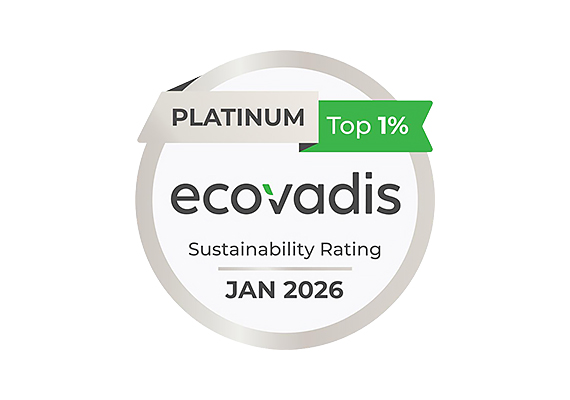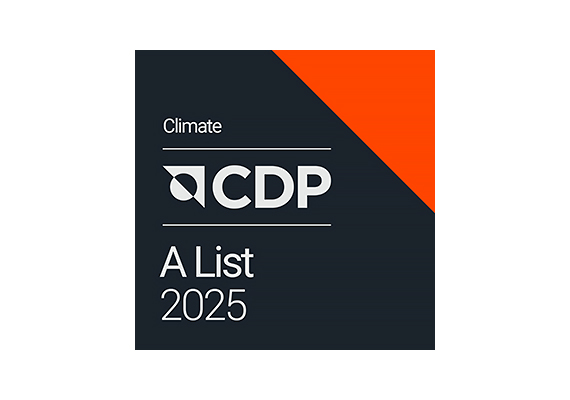Canon Recognized with Highest A Score for Its Climate Change Activities from CDP
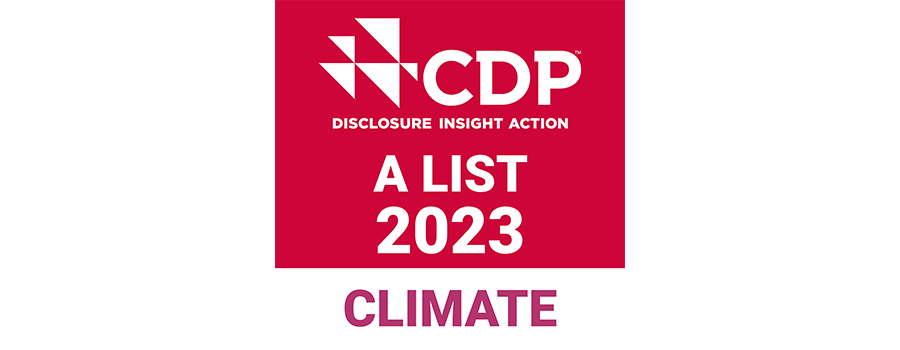
SINGAPORE, 15 February 2024 — Canon Inc. announced on 8 February 2024 that the company was recognized by U.K. based non-profit organization CDP1 for its transparency and leadership concerning initiatives in the field of climate change and was given an A score, which is the highest rating.
The CDP evaluates major companies and local governments worldwide on their efforts to tackle environmental issues. Evaluations are based on information disclosed in response to questions sent to the companies regarding such topics as climate change and water resource management. The number of targeted groups has grown year after year, as a record number of more than 24,000 organizations disclosed information through the questionnaire in 2023. This is Canon's third time earning a spot on the A List in the climate change category, having been included in the A List previously in 2016 and 2020.
Under its corporate philosophy of kyosei, Canon aims to realize a society that achieves a beneficial balance between lifestyle enrichment and the environment and promotes various environmental conservation activities in the four key areas of “Climate Change,” “Resource Efficiency,” “Chemical Substances,” and “Biodiversity.” As measures against climate change, in line with SBTi2 criteria, Canon aims to reduce absolute Scope 1 and 23 GHG emissions 42% of absolute Scope 1 and 23 GHG emissions and 25% of absolute Scope 33 (Category 1 and 113) GHG emissions by 2030 from 2022 as a base year.
Canon also established an average annual 3% improvement, in the index of lifecycle CO2 emissions per product unit, as an environmental target in 2008 and has so far realized 44.4%4 improvement at an average annual rate of 3.95%4 (from 2008 to 2023). In addition, the company will strive to achieve net zero lifecycle CO2 emissions per product unit (Scope 1-3) by 2050 through various activities such as the use of renewable energy and energy-saving activities at production sites and more advanced resource circulation including product reuse and recycling.
Canon will continue working to make various technological advancements and improve managerial efficiency to help to reduce CO2 throughout society.
About Canon Singapore Pte. Ltd.
Canon is a global leader in photographic and digital imaging solutions. Canon Singapore Pte. Ltd. is the headquarters for South & Southeast Asia driving sales, marketing and service strategies. Besides handling the domestic market, the company covers 22 other countries and regions including subsidiaries in India, Malaysia, Thailand and Vietnam. The parent company Canon Inc. has a global network of more than 300 companies and employs about 180,000 people worldwide. Canon is guided by its kyosei philosophy that focuses on living and working together for the common good.
More information is available at https://sg.canon.
1 Established in 2000 as an international non-profit organization possessing a system for environmental information disclosures made by businesses and local governments.
2 The SBTi stands for Science Based Targets initiative which is an international initiative to encourage companies to set greenhouse gas (GHG) emissions reduction targets on the basis of climate science. It is jointly operated by four organizations: the United Nations Global Compact (UNGC), World Resources Institute (WRI), World Wide Fund for Nature (WWF), and CDP. Canon’s GHG emissions reduction targets have been approved by SBTi in 2023.
3 Scope 1: Direct emissions (city gas, LPG, light oil, kerosene, non-energy-related greenhouse gases, etc.).
Scope 2: Indirect emissions (from use of electricity, steam, etc.).
Scope 3: Supply-chain emissions.
Category 1: Purchased goods and services; Category 11: Use of sold products.
4 Preliminary figures as of January 31, 2024.

